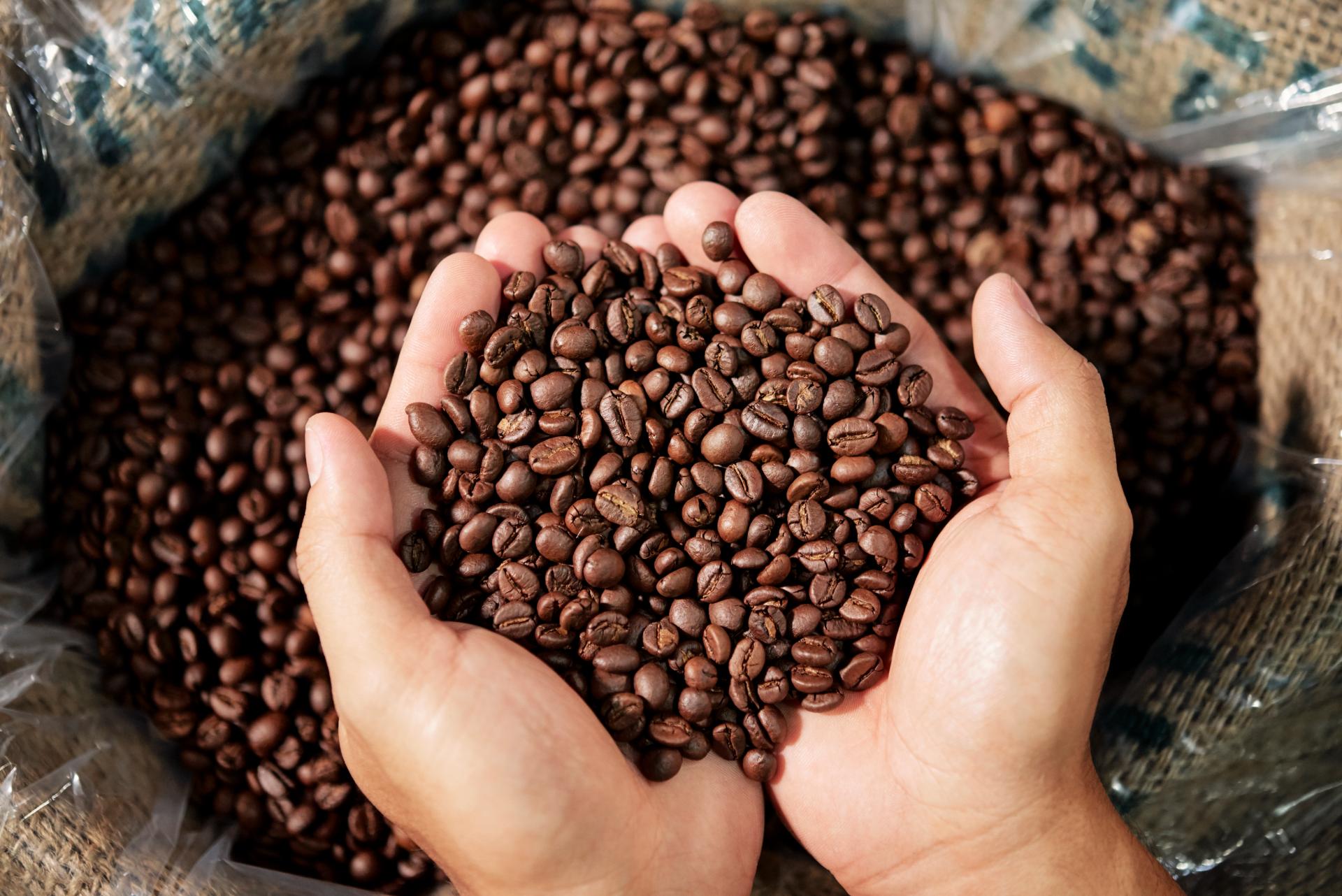I can’t perform any functions in the morning without my addiction – a cup of coffee, which seems to aggravate my waking up, that somehow caught my interest – how does each coffee deliver to my mug. One thing that I must mention probably is quite often overlooked. When ordering food at BreadFlower The focus is on the nature-taste connection and the nexus begins from the earth.
So capture in delicious food accompaniment as coffee which is a sociable beverage or creates the effect of bringing people together that our popup events do. And, as with loveable places, so here, the best coffee does not figure only below the surface but also within the earth.
What is Soil Health?
Soil health is a comprehensive term that relates to the quality of the soil in terms of its ability to function and perform activities that promote or protect the presence of plants, animals, and in fact, people. When it comes to working in the field of coffee farming, healthy and nutrient rich undermined soils are a prerequisite for the production of healthy and flavor filled coffee beans. For most people, soil is just relief that dirt is not simply sitting in the garden, soil is living with friends and supporters, nutrients, micro-organisms, and organic matter to support the growing coffee trees.
Just like how our events attract crowds over freshly brewed coffee and delicious pastries, it is the soil that feeds every living thing that exists in the system. Plants that are cultivated on such soils are generally in a good state and vice versa, so is a cup of delicious coffee that makes one’s morning wholesome because the beans derive from healthy coffee plants.
As with the blooms we handpick for our pop-ups, there is also a preferable soil texture for the arabica bush—rich and moisture-retentive. It follows therefore that even the best of the coffee beans cannot be able to develop their potential flavor due to the absence of this.
The Role of Organic Matter
For instance, soil organic matter points to the desiccated remains of dead plants and animal excrement. It is equivalent to deodorized fertilizer because it contains plant nutrients like nitrogen, phosphorus, and potassium that are highly required by coffee plants. These nutrients will help the plants cope with the effects of moisture in the air, as these will help them develop deeper roots and better coffee trees. As concerns the community at BreadFlower, we tend to see soil in this respect as a sociological establishment for plants. To thrive, just as we require each other’s help, green shoots do require the presence of living or the fragile, but existent, soil.
Furthermore, organic matter helps to improve the soil texture which facilitates water retention and infiltration down the soil profile for a longer time. Water retention is important for coffee plants since such stores are useful during the dry seasons or other drought prone areas. The space that the soil is projected to hold water would determine how effectively the coffee plants would relieve ecological stress in relation to its upper region’s scarce moisture.
Soil pH and Coffee Taste Parade
Have you ever heard or thought about the soil pH causing a change in the taste of the coffee? This is how the soil good for the cultivation of this coffee shrub is rated: moderately acidic, approximately pH 6-6.5. Any other way around, where the pH is very high for the plant or very low, will allow poor absorption of nutrients thus limiting the growth of the plant and having substandard less tasty beans. By treating the maximum pH and active measures as mood when precisely applying this in bagels and blooms- which examines proficiency, indicates attention to absolute details.
Soil pH affects soil acidity and other nutrients essential to the quality of the beans. For example, coffee grown on extremely acidic soil produces beans that brew bright and fruity flavors as apex. Coffees produced on neutral and alkaline soils tend to be duller in flavor deposits and much less complex. This once more is one of the innumerable substances why we have coffee beans grown in different countries of the world and each has different tastes and its own tale. The growing conditions in particular the type of soils present however still impose limits to this extent.
Strategies of Conservation Agriculture in the Rehabilitation of Soil
At BreadFlower, we foster an innovative way of doing things and for this reason, we engage in clean farming practices especially on coffee farming. Practices of soil preservation such as politicking, use of compost and minimum use of chemical fertilizers and pesticides help in maintaining soil health. Such measures not only protect the ecosystem but also assist us in assuring that one of our favorite beverages ‘coffees’ remains delicious for ages. Just like the way we select the timing of assorted seasonal flowers for various arrangements, similarly, the farmers have various strategies of their choice to utilize and protect the land.
Maintaining soil fertility is not only a matter of the sustainability of the resource tangibly termed as soil management. It has increased the number of those organisms present in that soil who are of help to soil. Picture of a garden most times instead incorporates earthworms, good or bad microbes and other resident organisms supportive of healthy and stimulated soil growth. They also play a role in the erosion of this substance and hence its associated loss from the topsoil making the nutrients cheaper for more plants to utilize.
Wider Background: Society vs. Environment
Furthermore, healthy soil benefits not just the coffee growers, but it benefits the entire society also. It also means structures that are more dominant than the rest of the region’s climate, reduced land degradation and increased resilience to climate change and support for additional ecosystems. Just the way this commitment towards organic and healthy food and expansion actually runs around here in breadflower, so does the intention of the company translate to the staple food of tasty elloa flowers and bagel fresh picked in flower-water soups.
Finally, soil is the missing link in our coffee chain: it is the new feature where a fresh clove is somewhere off that is added to the spiced tea in the morning. Indeed it does, although to the following one of our mobile units and relishing the diabolical marauding induction of coffee, spare a thought for the great dahab on soil that made it all happen – for in timbuktu, it is the roots that give rise to such.



